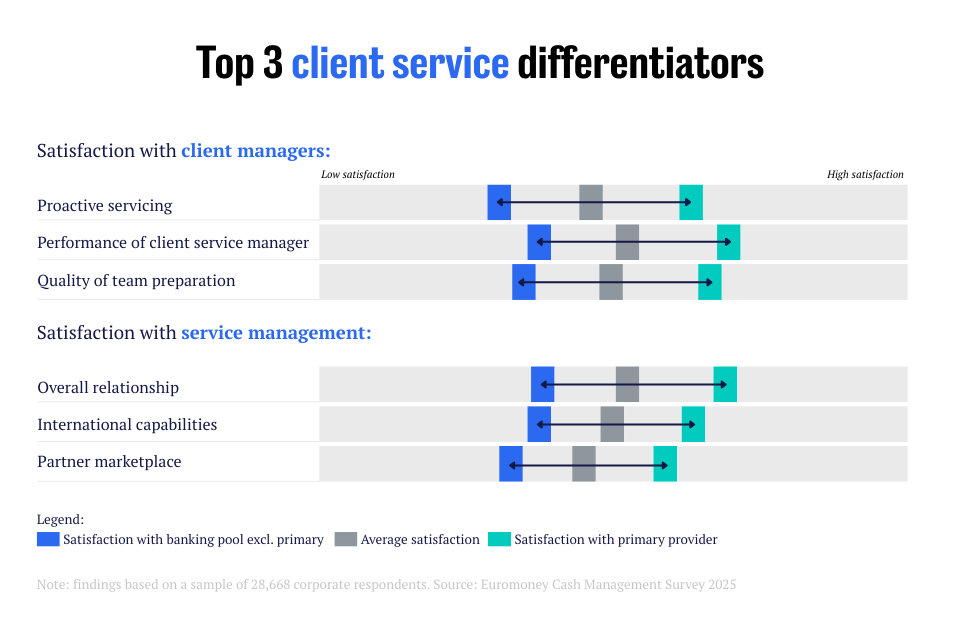Executing a multi-billion debt deal is always a daunting prospect, but when a country’s entire economic survival plan depends on it, the exercise can be hair-raising, as the seven lead-managers of Argentina’s voluntary debt exchange discovered in June.
If the bankers needed any more motivation to make every call, to consider every technical twist to make the deal work, they might have considered that the near-term prospects of the business in which they work – emerging-debt capital markets – also depended on the outcome.
Access intelligence that drives action
To unlock this research, enter your email to log in or enquire about access



